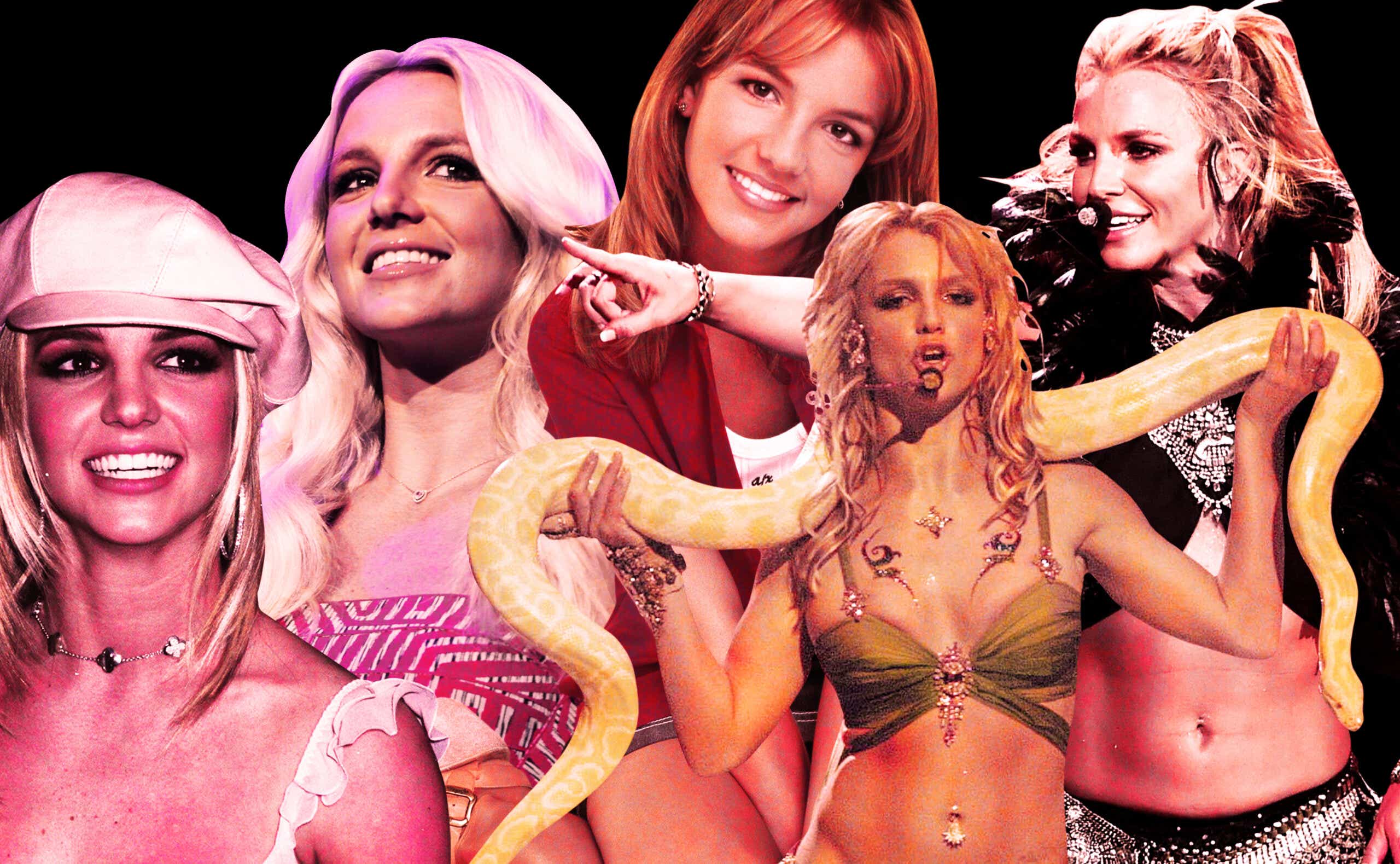At this point, it’s an evergreen statement to say things are complicated for Britney Spears.
There seemed to be cause for celebration last week, when her father, Jamie, announced he will step down as her conservator. That wouldn’t end the conservatorship entirely, but it would alleviate a dynamic that Britney has described as toxic and abusive in her efforts to escape her dad’s control.
Britney certainly seems to be in a better place lately. On her heavily scrutinized Instagram account, she’s shared a #FreeBritney flag and posted a batch of topless photos that she described as a liberating response to years of self-consciousness about her body. For those invested in her story, it’s comforting to see her luxuriate in the love and support she’s feeling from the world.
But she doesn’t have her happy ending yet. Though her father says he’ll step down, the reality of that remains unclear. He still hasn’t set an exit date, and his lawyers also used the announcement of his intended departure as an opportunity to brand him an “unremitting target of unjustified attacks” who “saved Ms. Spears from disaster” and “protected her and her reputation from harm.”
Britney’s battle gripped us all, but it has a special impact on people around my age, in our early 30s, who have grown up with her. We developed at a time when her ubiquity was unmatched and her power seemed limitless. Her omnipresence was and remains a fact of life. And as I watch her story unfold, I find myself connecting it to the general malaise of my generation.
As a fan since the very beginning, I’m happy for the progress Britney has made. She’s finally gotten a say in picking her own lawyer, and she is clearly energized by being able to speak truthfully in public. Yet all I can think about is how far she still is from the true, all-encompassing freedom she seeks.
Before the conservatorship drama came to a boil in the last few months, hearing her name conjured in my head the indelible visions of her highest highs: Britney as a midriff-baring schoolgirl, Britney draped with a yellow python, Britney kissing Madonna. These images are seared into the memory of anyone who had a pulse around the turn of the millennium, especially the generation of pre-teens and teenagers who met Britney at their most impressionable and subsequently became lifelong devotees.
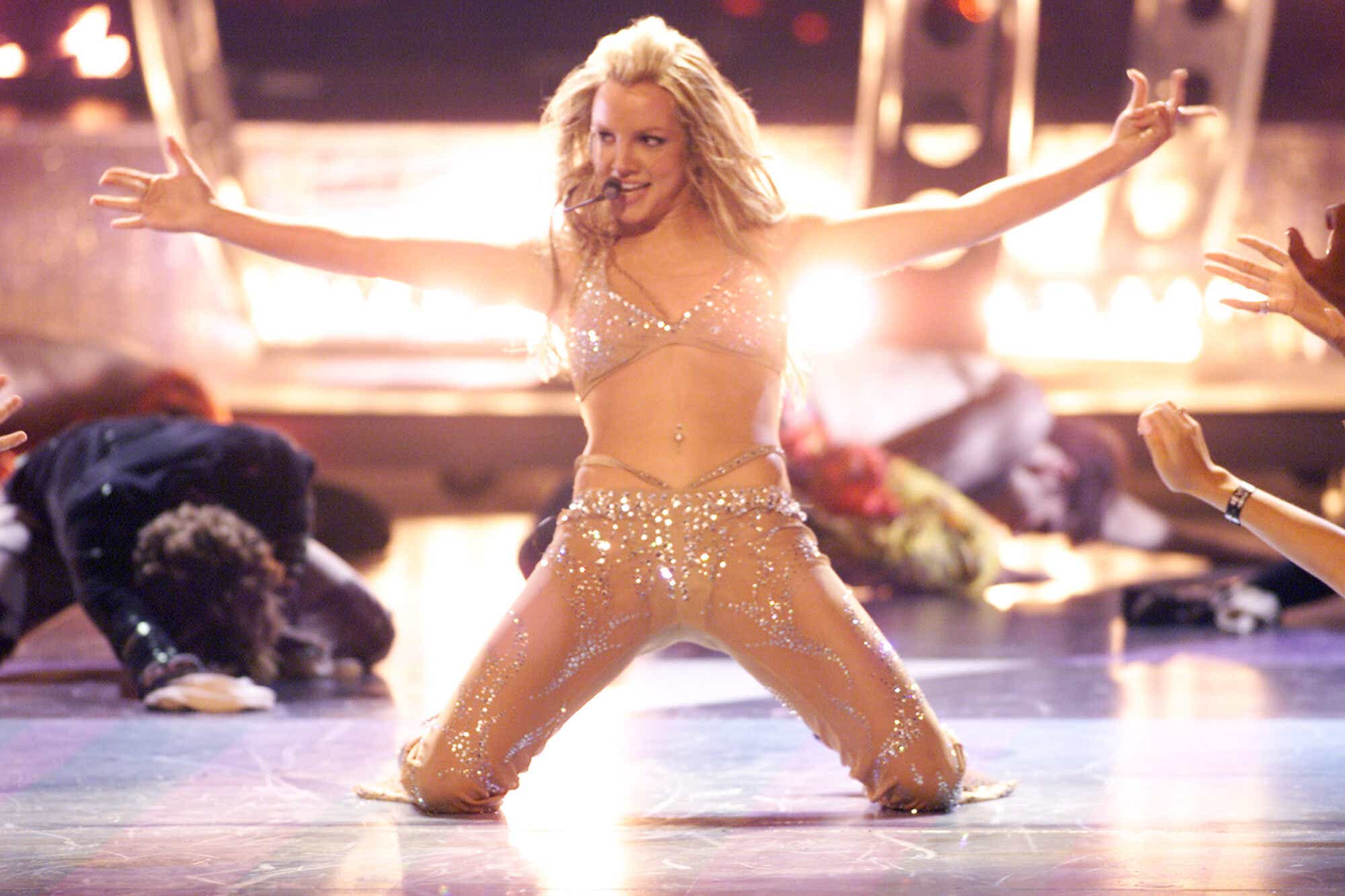
But those moments felt like scenes from a bygone era earlier this summer, when Britney unleashed the most soul-baring words of her public life.
“I’ve lied and told the world, ‘I’m OK and I’m happy.’ It’s a lie,” she said in court on June 23. “I thought maybe if I said that enough, maybe I might become happy, because I’ve been in denial. I’ve been in shock. I am traumatized. You know, fake it till you make it. But now I’m telling you the truth, OK? I’m not happy. I can’t sleep. I’m so angry it’s insane. And I’m depressed. I cry every day.”
This admission was preceded by years of rumors about Britney’s dissatisfaction with the suffocating conservatorship that has controlled her personal life, finances, and business dealings since 2008. But to hear her tell it herself was completely disorienting. Her unmistakable voice — which we’re most accustomed to hearing reverberate around a dance floor — shook, cracked, and vibrated with anguish.
If someone traveled back to 2000 and played my 10-year-old self a recording of Britney’s gut-wrenching testimony from 2021, I wouldn’t have been able to reconcile what I heard with the superstar I knew then. The reigning queen of TRL is traumatized? She can’t sleep? She cries every day?
For those of us who were at our most malleable during Britney’s rise to supernova status, she has a fundamental influence on how we understand the world and our own place in it. And at the moment, our place in it is pretty discouraging.
We’ve become adults in a time when surpassing (or even matching) the economic prosperity of our parents is a nearly unattainable goal. We watch as systemic racism rears its head in our justice system again and again. We’re stuck on a warming globe, with leaders who apparently feel no urgency to slow the damage. For Americans in their 30s right now, like myself and like Britney (at least for a few more months), it’s easy to feel like you can “do everything right” and still come up short.
The dark circumstances into which Britney has fallen after decades of success are complicated and deeply personal. She’s struggled with addiction, mental health, and complex family dynamics. Her life story is totally her own, and yet I can’t help but consider what it illuminates about myself and my peers. After all, what’s more millennial than making someone else’s story all about you?
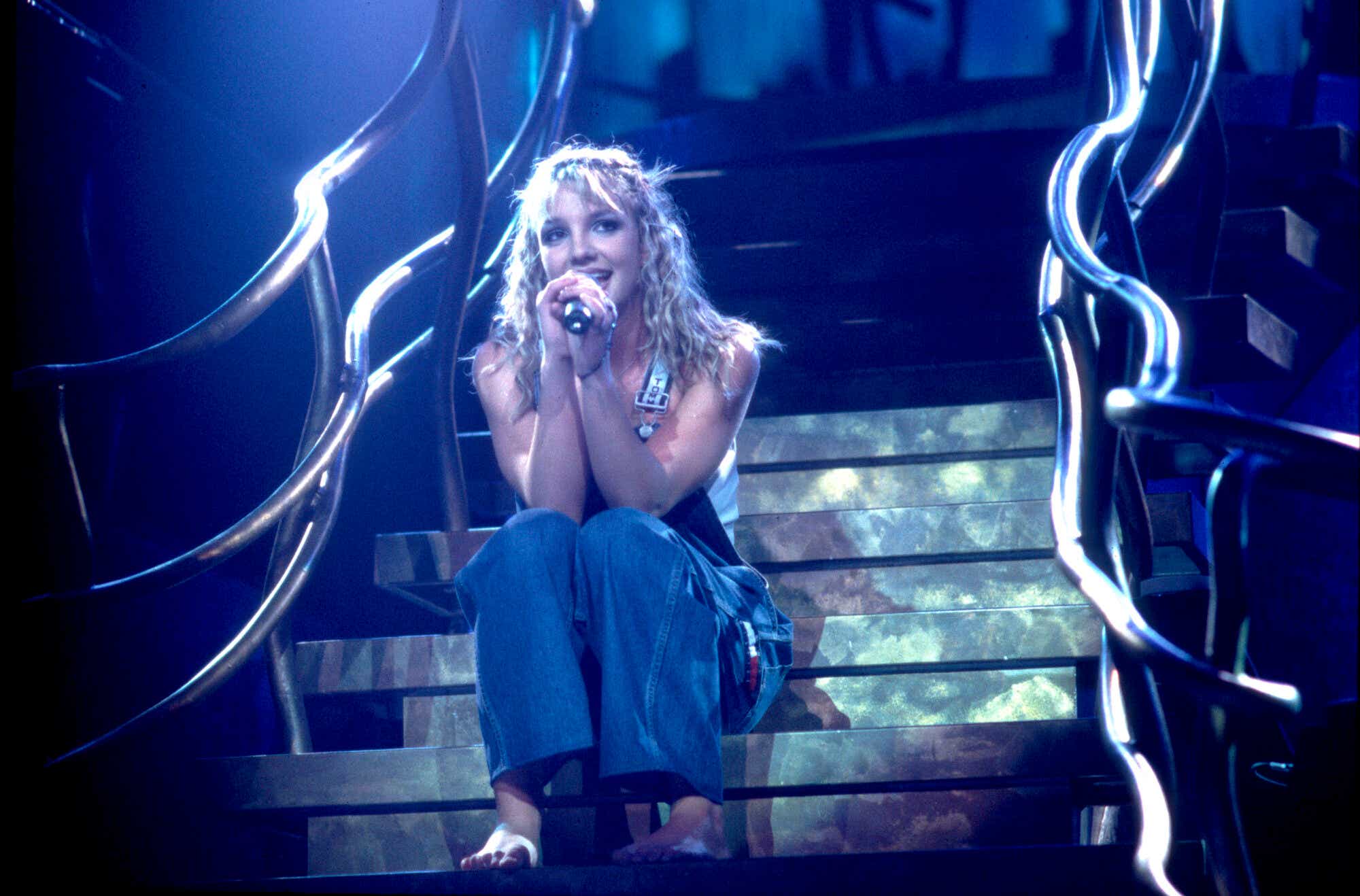
I vividly remember the moment Britney Spears entered my life. It was late 1998, I was 9 years old, and I heard the soon-to-be-iconic opening bars of “...Baby One More Time” blast through the radio in my mother’s car. After three-and-a-half minutes of bliss, I wondered: Who was that?
It wouldn’t take long to find out. Seemingly instantaneously, Britney was everywhere. Like everyone, I loved the music, but I also felt I had a special connection. When I learned that Britney grew up in Kentwood, Louisiana, I was floored. Her hometown is a three-hour drive from the small town where I was born and raised, a place that felt to me at the time to be completely devoid of culture or anything interesting, period. The idea that this chart-topping sensation could derive from our boring little state thrilled me to no end. Her success felt like my success.
In 2001, our shared statehood helped me further my fandom. In my town was a small radio station that specialized in zydeco music and ran a daily trivia contest. One afternoon, my grandmother dialed the number and gave me the answer to the question. My prize: a free CD by any Louisiana artist of my choice.
It’s difficult to fully articulate the joy of walking into the music store to redeem it. I marched past the dated Cajun section that typically supplied the rewards of this contest and returned to the cash register with a copy of Britney, her third album, and declared with authority that she was, in fact, a Louisiana artist. Still not quite aware of just how gay I would turn out to be, I nonetheless felt like I’d outsmarted the limitations of this provincial radio station and, by extension, the community that repressed me in ways I didn’t yet fully understand.
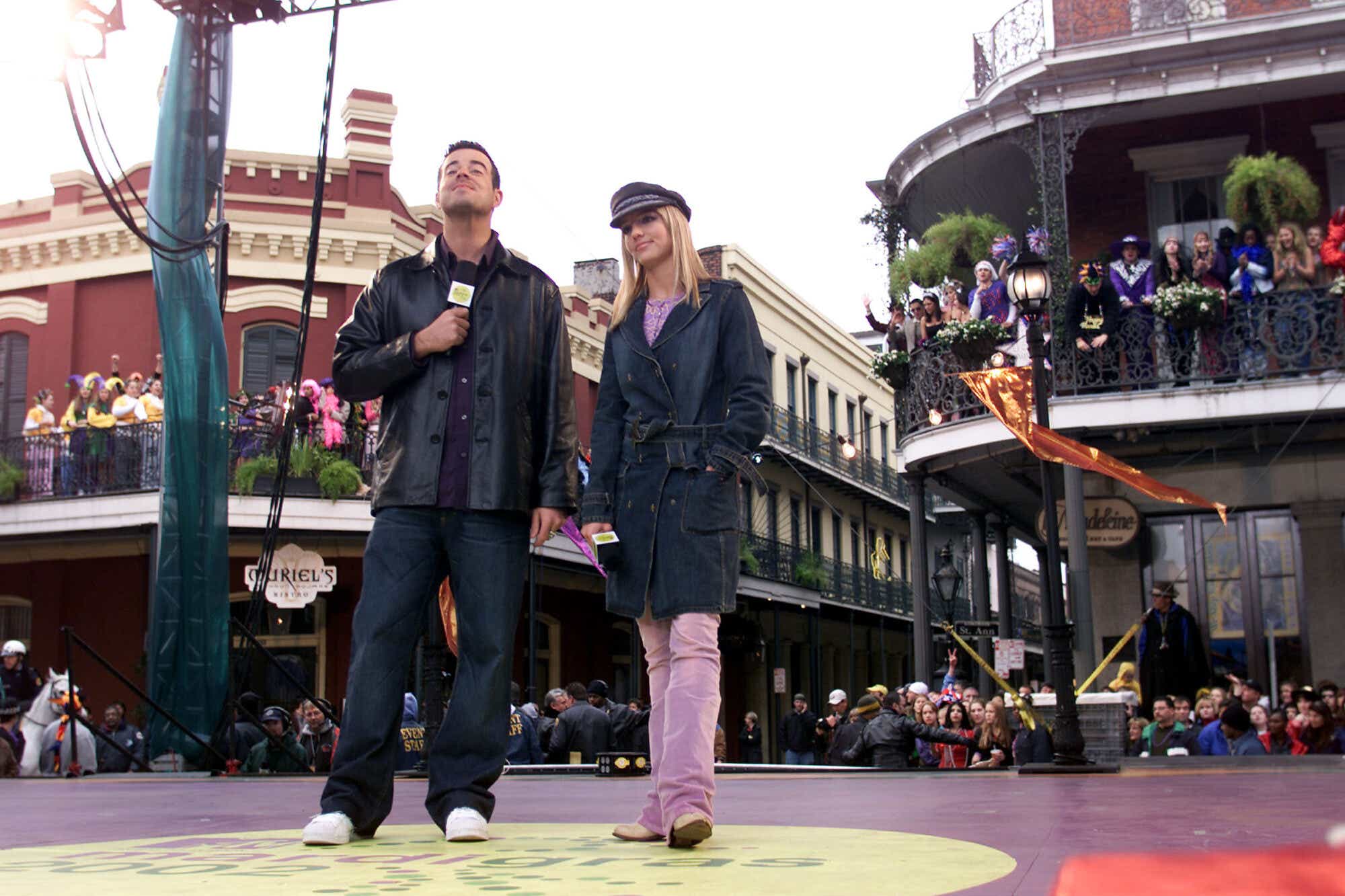
It’s no surprise that Britney resonated with a queer kid, but my budding sexuality also influenced the parts of her appeal that I didn’t get. I loved her pigtails-and-pleated-skirt look from the “...Baby One More Time” video, but the way it played into creepy schoolgirl fantasies went over my head. When I saw Britney’s 1999 Rolling Stone cover, which featured her in a bra on satin sheets, my first reaction was to laugh at the inclusion of a stuffed Teletubbies doll. The leering nature of the cover line (“Inside the Heart, Mind & Bedroom of a Teen Dream”) didn’t strike me. Nor did I give much thought to the gross fascination with her virginity.
Part of that was my age, of course, but it was also because I would never see Britney as the sexual object she was packaged to be. To me, she was simply cool — the coolest — and she was inspiring for transcending a small-town upbringing to become one of the most famous people on the planet.
Singing along with her, reacting to her, watching others react to her — it all told me a little something about who I was and who I wasn’t, and it provided an early lesson in the way a celebrity’s bigger-than-life existence could reflect something meaningful back to a regular person like me.
The year I started high school, things began to change for Britney.
She kicked off 2004 by marrying a childhood friend in an unexpected, news-making Las Vegas wedding. Within 55 hours, the union was annulled with a court petition explaining Britney “lacked understanding of her actions to the extent that she was incapable of agreeing to the marriage.” By the fall of that year, she had met, gotten engaged to, and married dancer Kevin Federline. In 2005, they had their first child and co-starred in a reality series called Chaotic that Britney later called “probably the worst thing I’ve done in my career.”
Influenced by her bad press, my opinion of Britney started to change, too. I erroneously fancied myself a teenage arbiter of culture, and I took pleasure in judging her. It gave me the same empty validation I got from judging my peers for outwardly having fun while I used academics as a distraction from coming to terms with who I am. I remember a cringeworthy blog post I wrote that ridiculed Britney for walking into a gas station bathroom barefoot. (Mercifully, this poor attempt at comedy has vanished from the Internet, along with all the other embarrassing things I posted to MySpace.)
By 2007, the chaos in Britney's life reached new heights. The media devoured images of her shaving her own head an at LA hair salon. That fall, she lost custody of her sons. A few months later, she was placed under an involuntary psychiatric hold. But, like most everyone else at the time, I saw the erratic behavior that ultimately led to her conservatorship as fodder for more jokes. I didn’t give an ounce of consideration to her well-being, or that of her children.
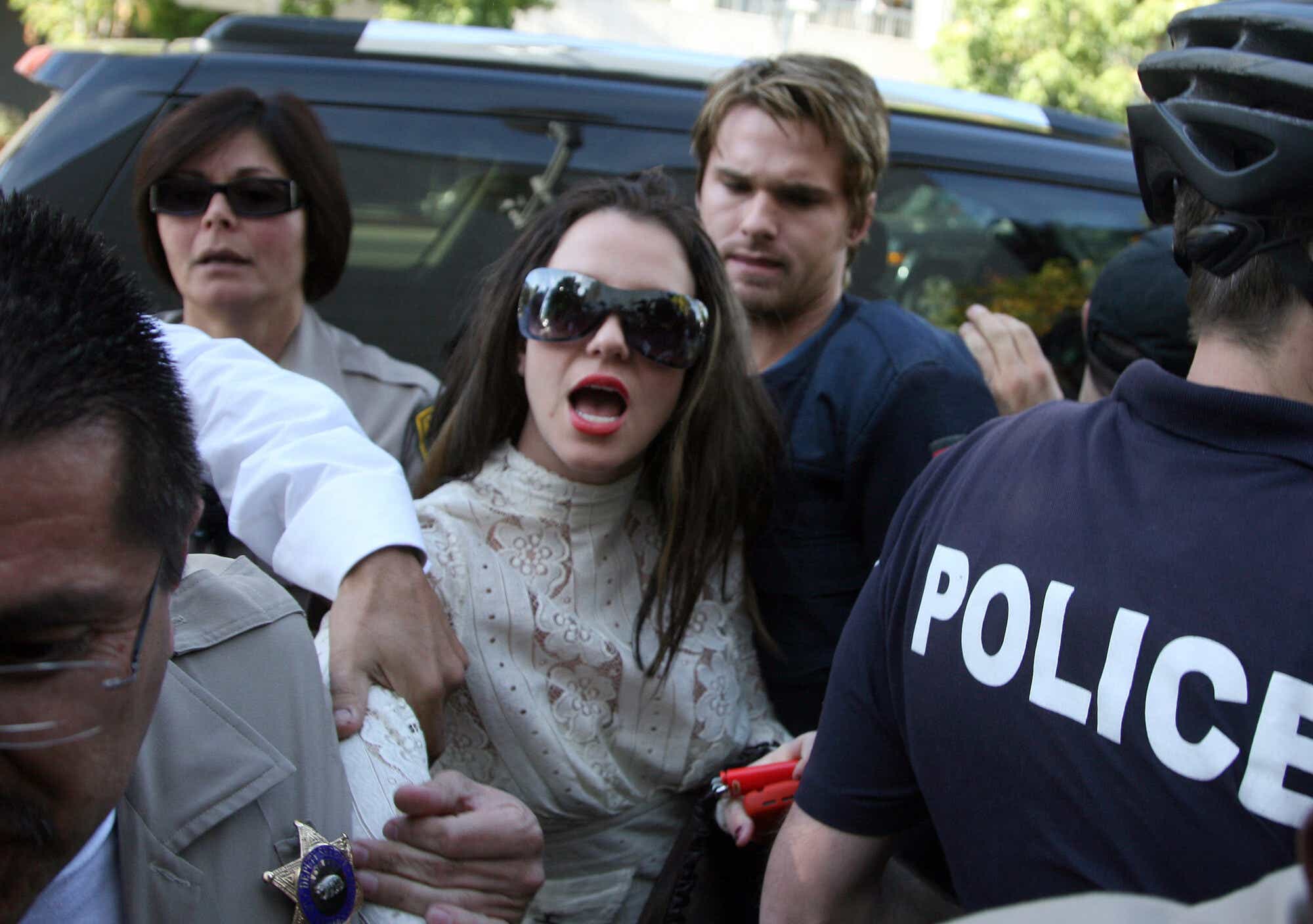
That this all happened during my high school years seems thematically appropriate considering the culture itself was stuck in a teenage mindset. This period was the peak of Paris Hilton and Lindsay Lohan, whom the celebrity press exalted and simultaneously tore down at every turn. When Britney hung out with the two of them one night, the New York Post’s front page delightfully dubbed it a “bimbo summit.” The media’s eagerness to flay them for sport bears more than a little resemblance to the kind of hollow trash talk happening in any school cafeteria.
These years were tough for Britney, and they were also tough for millennials preparing to launch themselves into the real world as the economy was collapsing. Did making fun of the “it girls” of the day alleviate the pain of watching our future job prospects dry up? Did Britney’s missteps make us feel like maybe we didn’t have it so bad? It’s another example of how her life — and what we thought about it — is all wrapped up in what was happening in society at large.
Many people have felt emotionally paralyzed since 2020. A once-in-a-lifetime pandemic will do that to you. (Can we establish a conservatorship for the millions who refuse to get a Covid-19 vaccine?)
I’m not married. I don’t have children. I don’t own a home. But I’ve seen these milestones completely upended for dozens of my friends my age in the last year. Forces bigger than ourselves have conspired against us, turning the time in our lives when we expected to finally get a little stability into a period of deep powerlessness.
It’s a kind of powerlessness that’s not entirely dissimilar from what Britney Spears has experienced. But not even the things she has that we don’t — a multimillion-dollar fortune and the privilege of celebrity — could stave off the pain. When she appeared in court in June, she acknowledged the way some of us lowly nobodies might regard her complaints: “I thought people would make fun of me,” she said, “or laugh at me and say, ‘She’s lying. She’s got everything. She’s Britney Spears.’”
But part of what her heartbreaking statement revealed is that she’s not too different from us. She’s just doing the best she can, even when she has no idea how to proceed. (Explaining to the judge that she didn’t realize she could formally petition to end her conservatorship, she said, “I’m sorry for my ignorance, but I honestly didn’t know that.”)
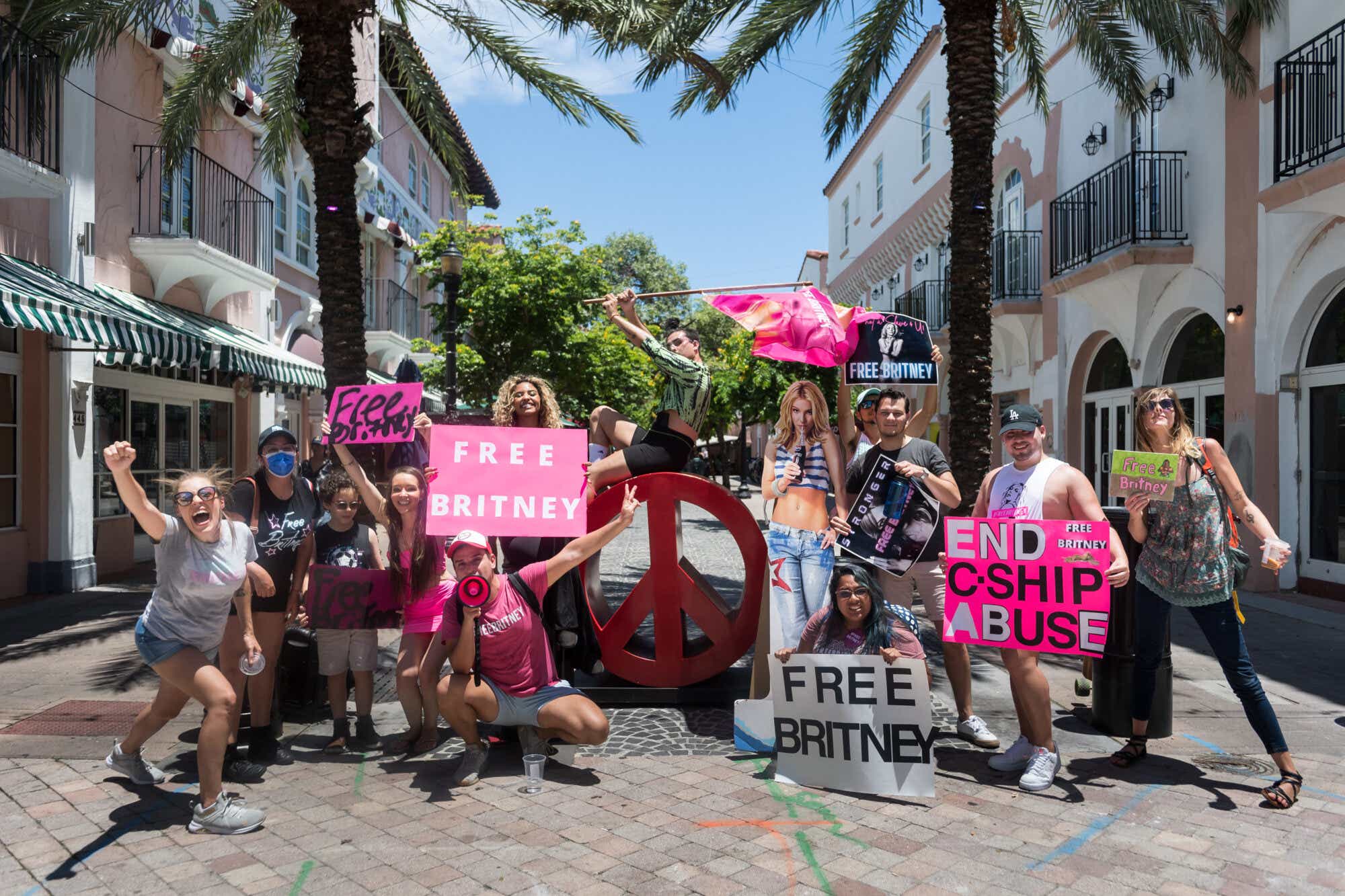
I miss the days when Britney was free to rule the world on her own terms — and the days of myself being wide-eyed enough to draw genuine inspiration from a pop star. If her story has taught us anything, it’s that even with our shared generational woes, you never know what’s really going on with someone you admire.
But as she slogs through each punishing stage of her conservatorship proceedings, perhaps there still is something inspiring to glean from her. In June, she told the judge that this endless process made her feel “like I was dead, like I didn’t matter.” All the while, she’d been having a ball on Instagram — dancing, painting, modeling her favorite outfits. We all know Instagram misconstrues the totality of one’s experience, especially in the case of Britney and the conspiratorial speculation about what her posts do or don’t really mean. But according to her, sharing those moments of happiness, few and far between as they may have been, actually made a difference.
“I apologize for pretending like I’ve been ok the past two years…I did it because of my pride and I was embarrassed to share what happened to me…but honestly who doesn’t want to capture their Instagram in a fun light,” she wrote after her blockbuster hearing. “I feel like Instagram has helped me have a cool outlet to share my presence … existence … and to simply feel like I matter despite what I was going through and hey it worked.”
She’s still working on her freedom, but she’s also looking for the small opportunities for self-actualization while she plays the hand she was dealt. I believe it’s only a matter of time before Britney gets what she’s searching for, and I hope that’s true for my entire generation, too.







